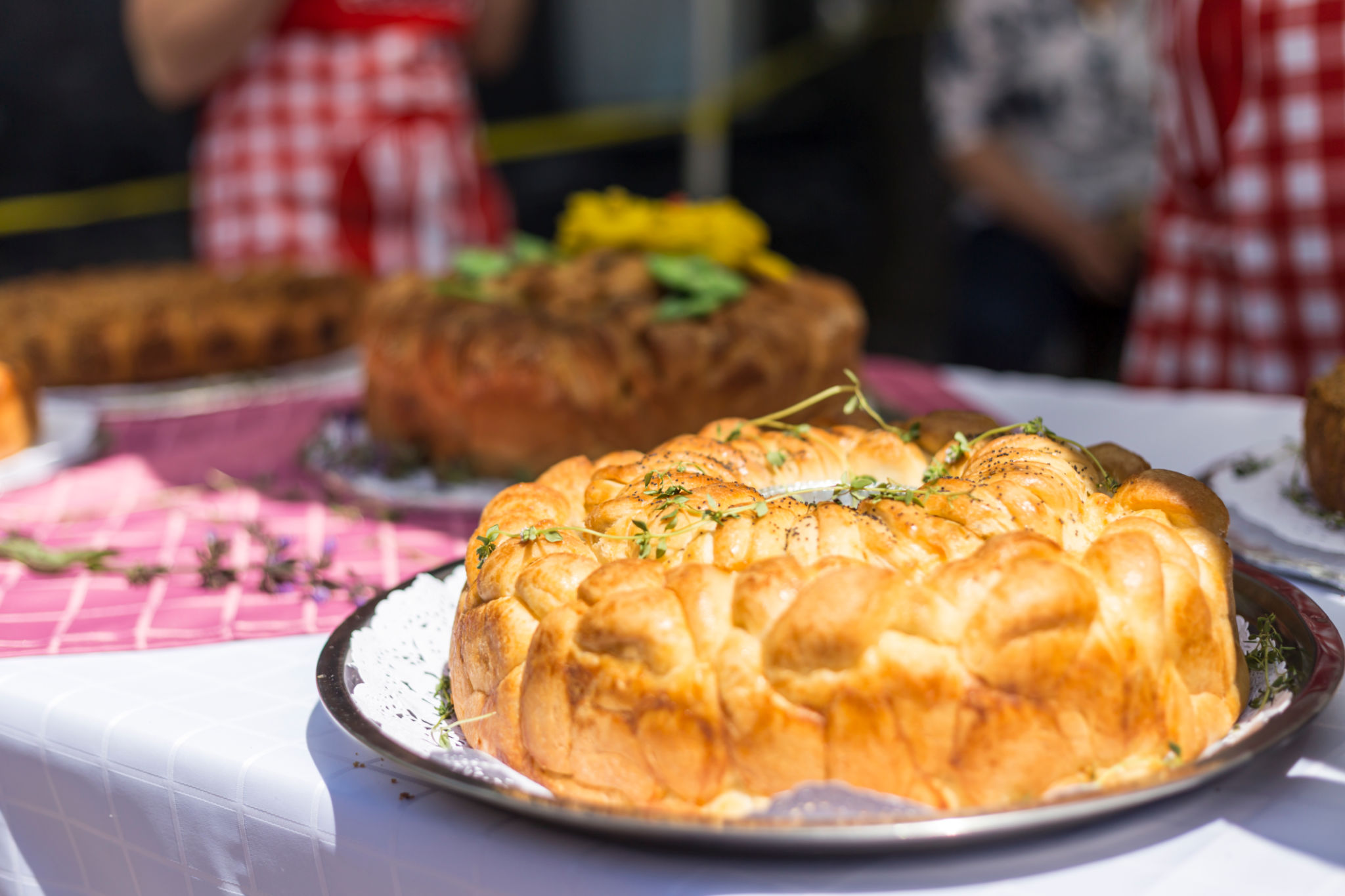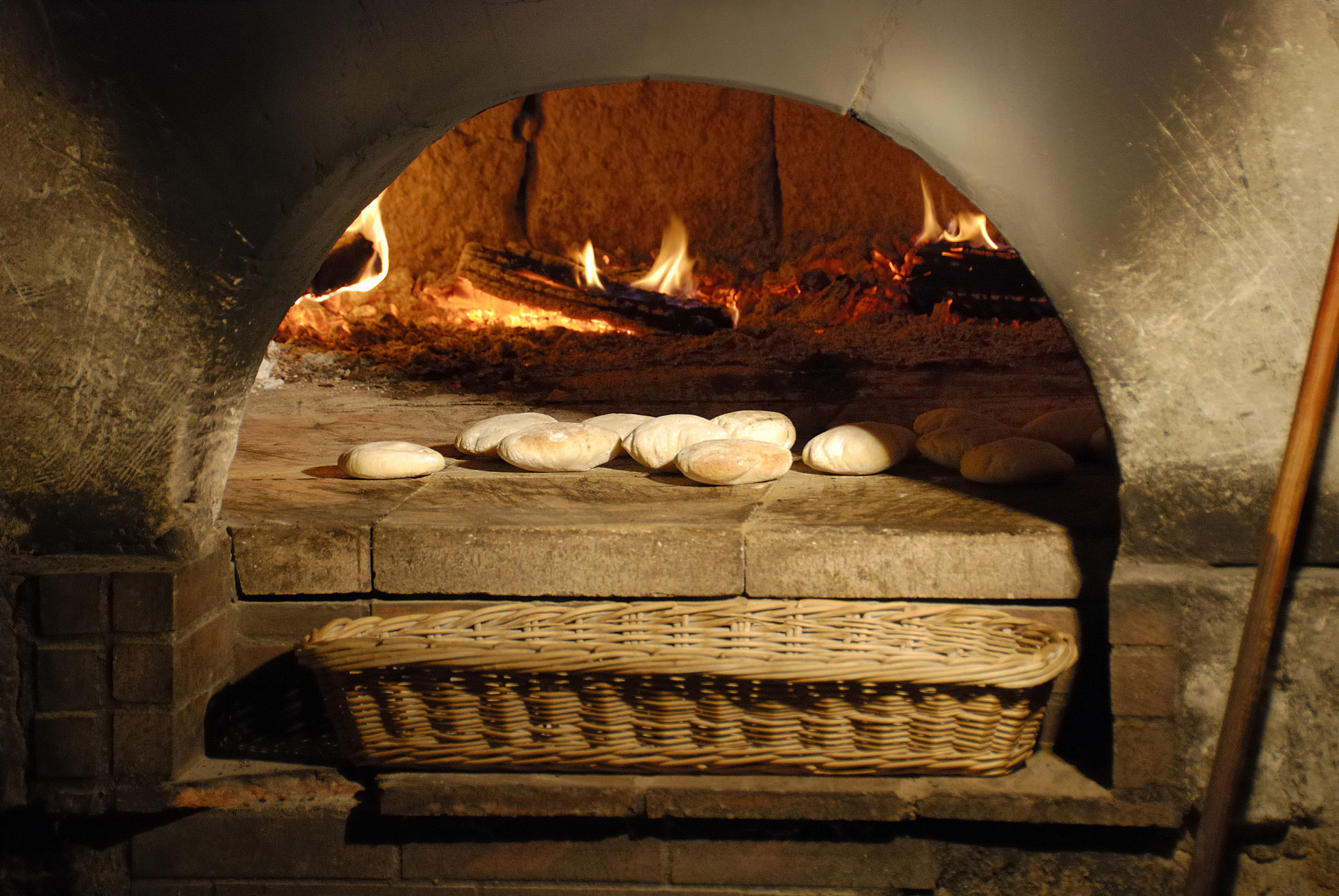Exploring Traditional Israeli Breads: A Culinary Journey
The Rich Legacy of Israeli Breads
Israeli cuisine is a vibrant tapestry woven from the diverse cultures and traditions that have converged over centuries. At the heart of this culinary landscape lie the traditional breads of Israel, each offering a unique story and flavor profile. From the bustling markets of Tel Aviv to the serene villages in the Galilee, bread is not just a staple; it is a symbol of hospitality and community.
Israel's geographic location has made it a melting pot of Middle Eastern, Mediterranean, and European influences. This is vividly reflected in its bread varieties. Each loaf tells a tale of migration and adaptation, bringing together ingredients and techniques from various parts of the world.

Challah: The Bread of Celebration
Challah is perhaps the most iconic of Israeli breads, known for its beautiful braided form and slightly sweet taste. Traditionally eaten during Shabbat and Jewish holidays, challah symbolizes unity and togetherness. Its golden crust and soft interior make it perfect for dipping into soups or enjoying with a spread of fresh butter. One of the secrets to its unique texture is the addition of eggs, which enriches the dough, giving it a tender crumb.
Beyond its religious significance, challah has found a place in everyday meals across Israel. Its versatility allows it to be adapted into various recipes, from French toast to bread pudding, showcasing its delightful flavor in numerous forms.
Pita: The Versatile Pocket Bread
No exploration of Israeli breads would be complete without mentioning pita. This simple, round flatbread has become synonymous with Middle Eastern cuisine. The magic of pita lies in its pocket, perfect for stuffing with an array of fillings like falafel, hummus, and fresh salads. Its origins can be traced back to ancient times, making it one of the oldest types of bread still consumed today.

What sets Israeli pita apart is its soft texture and ability to complement any dish. Freshly baked pita can be found in almost every corner bakery across Israel, often served warm alongside meals or used as a utensil to scoop up delicious dips.
Laffa: The Middle Eastern Flatbread
Laffa is another popular Israeli bread, resembling a thicker version of pita but without the pocket. It is traditionally baked in a taboon, a clay oven that imparts a smoky flavor to the bread. Laffa's chewy texture makes it ideal for wrapping around grilled meats and vegetables, creating flavorful wraps that are both filling and nutritious.
Street vendors across Israel often serve laffa with shawarma or kebabs, allowing the bread to soak up the rich juices of the meats. This bread has become a favorite among locals and tourists alike for its hearty taste and rustic charm.

Jachnun: A Yemenite Delight
Jachnun is a slow-cooked Yemenite Jewish bread that has become an integral part of Israeli breakfasts. Prepared from rolled dough with butter or margarine, it's traditionally baked overnight at a low temperature. The result is a soft, caramelized roll that pairs perfectly with hard-boiled eggs and spicy tomato sauce known as skhug.
This dish reflects the rich culinary heritage brought by Yemenite Jews to Israel. It's typically enjoyed during the Shabbat morning meal, providing a comforting and flavorful start to the day.
Exploring Israeli Breads at Home
For those eager to explore traditional Israeli breads from their own kitchens, there are plenty of resources available. Many recipes are simple enough for home bakers to try, allowing everyone to experience a taste of Israel's rich culinary history. Whether it's baking challah for a festive occasion or trying your hand at making pita from scratch, these breads offer a delicious journey into an ancient culture.

In conclusion, traditional Israeli breads are more than just food; they are a testament to the region's history and cultural diversity. By exploring these breads, one gains not only a deeper appreciation for Israeli cuisine but also for the stories and traditions that continue to shape it today.